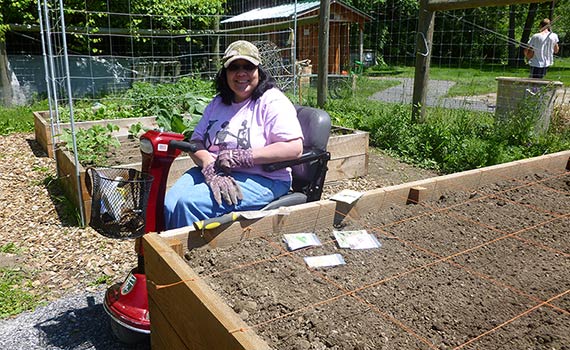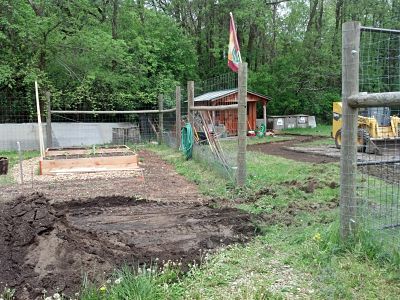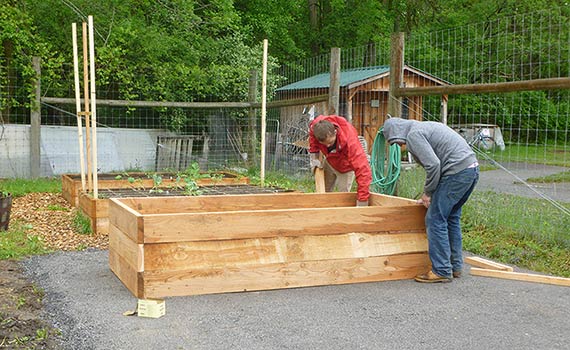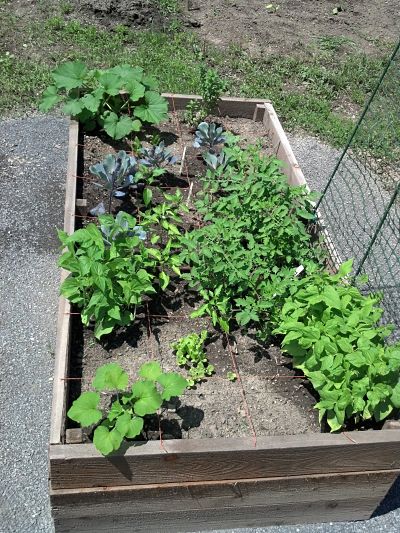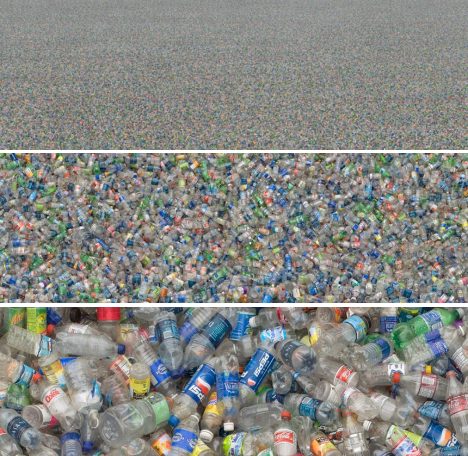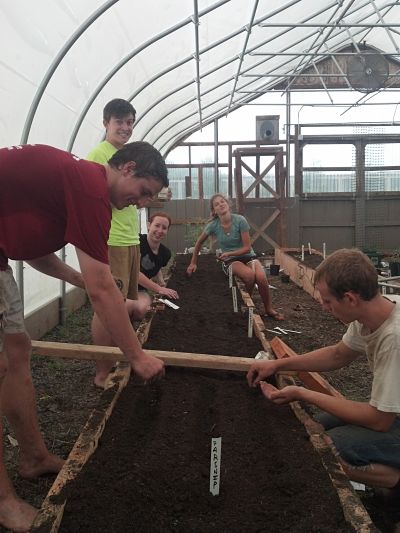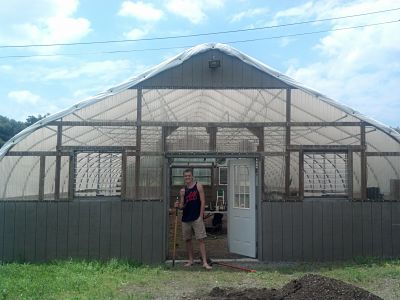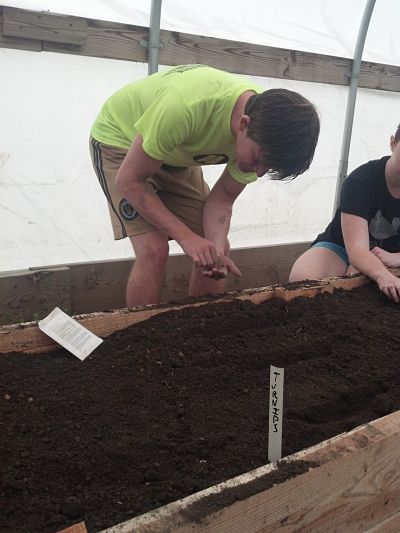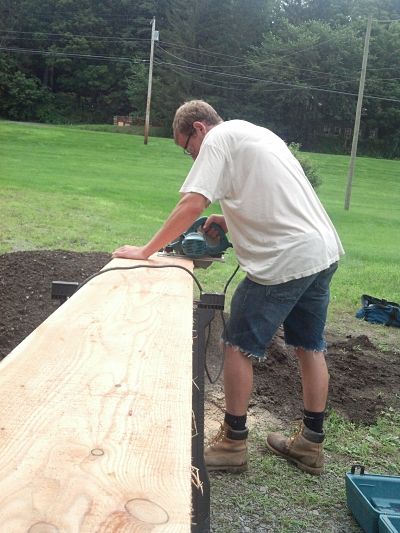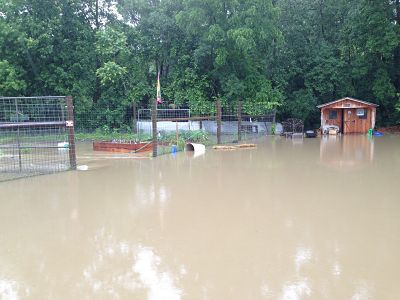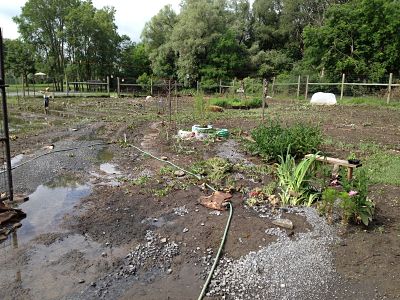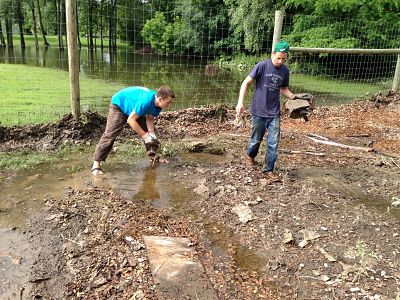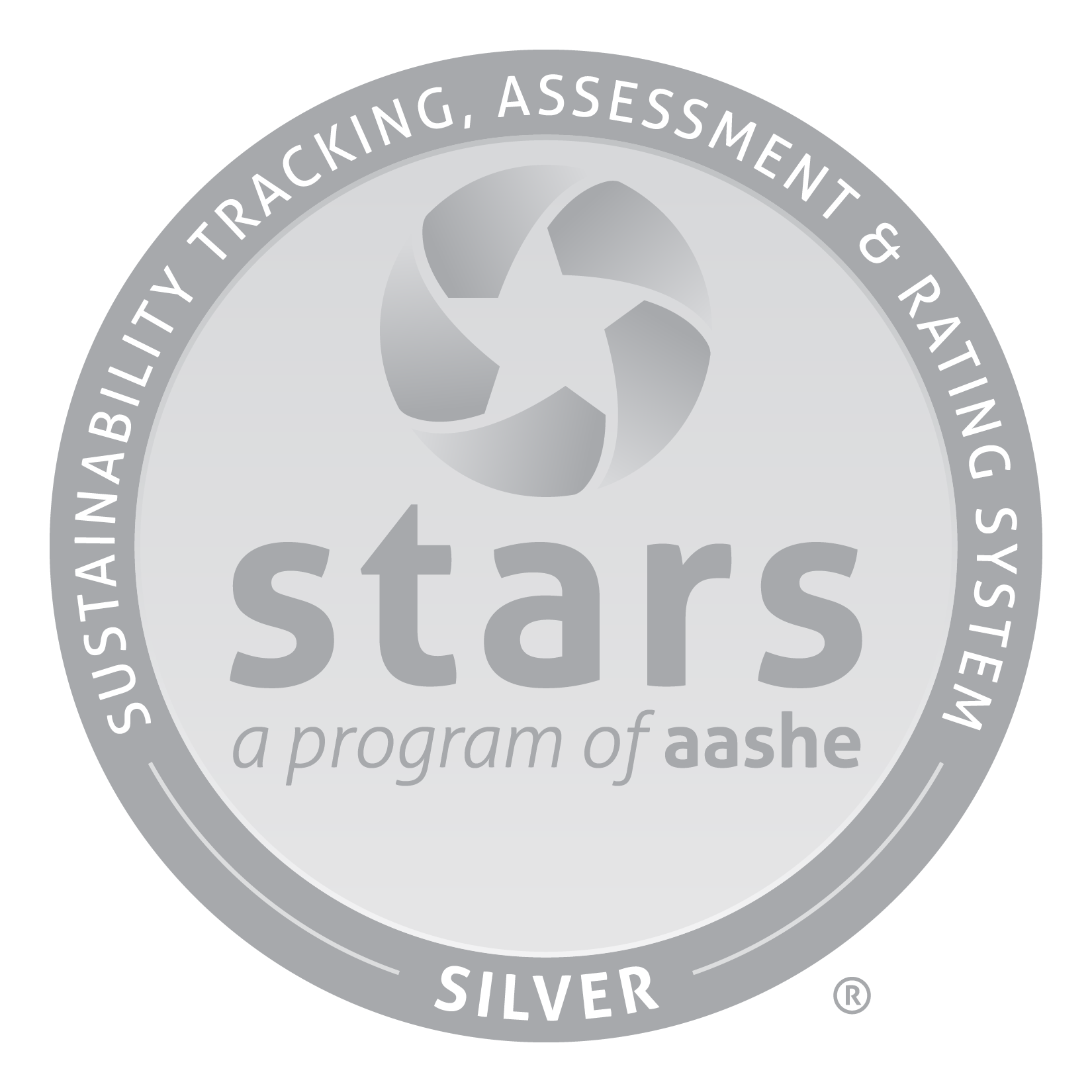 Colgate University has received a STARS Silver Rating in recognition of our sustainability achievements from the Association for the Advancement of Sustainability in Higher Education (AASHE). STARS, the Sustainability Tracking, Assessment & Rating System, is a new program that measures and encourages sustainability in all aspects of higher education.
Colgate University has received a STARS Silver Rating in recognition of our sustainability achievements from the Association for the Advancement of Sustainability in Higher Education (AASHE). STARS, the Sustainability Tracking, Assessment & Rating System, is a new program that measures and encourages sustainability in all aspects of higher education.
Completing the STARS assessment is another important milestone that further indicates Colgate’s strong commitment to campus sustainability. As we strive to achieve profound sustainability goals highlighted in our 2013 Strategic and Campus Master Plan updates as well as our institutional goal of achieving carbon neutrality by 2019, the STARS framework provides a solid baseline for us to monitor our progress over time.
According to President Herbst, “Colgate strives to make sustainability integral to all our campus activities and decision making by creating sustainability awareness among all our faculty, staff and students. As we continue to make great strides with this work, completing STARS has provided us with confidence that we are on a good path towards sustainability for the long-term and will guide us in our next steps.”
AASHE’s STARS program is the only one of its kind that involves publicly reporting comprehensive information related to a college or university’s sustainability performance. Participants report achievements in three overall areas: 1) education & research, 2) operations, and 3) planning, administration & engagement.
“STARS was developed by the campus sustainability community to provide high standards for recognizing campus sustainability efforts,” said AASHE Executive Director Wendy Scott. “Colgate University has demonstrated a substantial commitment to sustainability by achieving a STARS Silver Rating and is to be congratulated for their efforts.”
Unlike other rating or ranking systems, this program is open to all institutions of higher education in the U.S. and Canada, and the criteria that determine a STARS Rating are transparent and accessible to anyone. Because STARS is a program based on credits earned, it allows for both internal comparisons as well as comparisons with similar institutions.
“We are very proud to have achieved a STARS Silver Rating for our sustainability accomplishments. We look forward to watching our sustainability efforts grow and improve through the STARS program,” said Jessica Graybill, Associate Professor of Geography and Chair of the Sustainability Council.
Click here to access Colgate’s full report.
About AASHE:
AASHE is an association of colleges and universities that are working to create a sustainable future. AASHE’s mission is to empower higher education to lead the sustainability transformation. It provides resources, professional development and a network of support to enable institutions of higher education to model and advance sustainability in everything they do, from governance and operations to education and research. For more information about AASHE, visit www.aashe.org.
For more information about the STARS program, visit stars.aashe.org.



